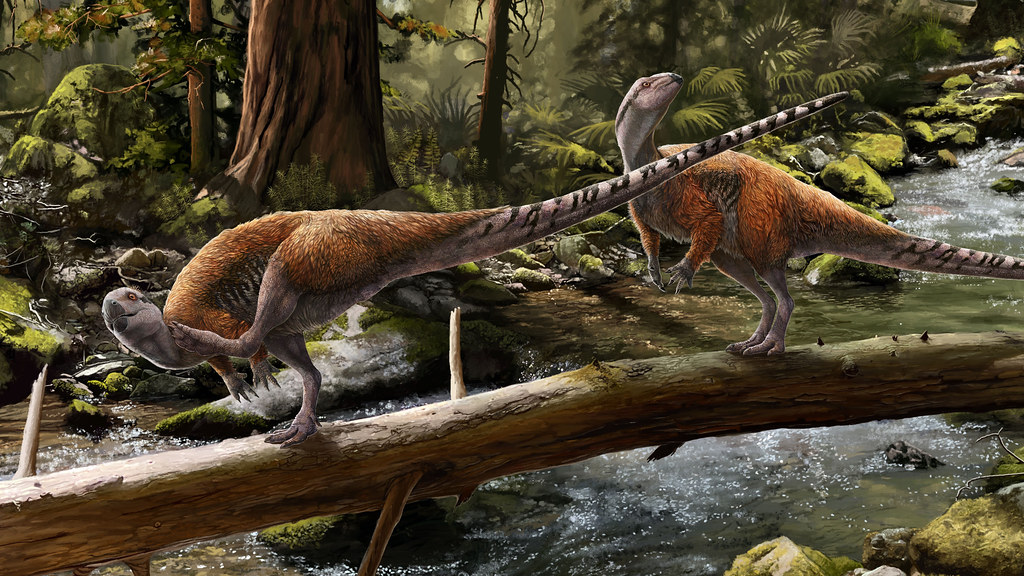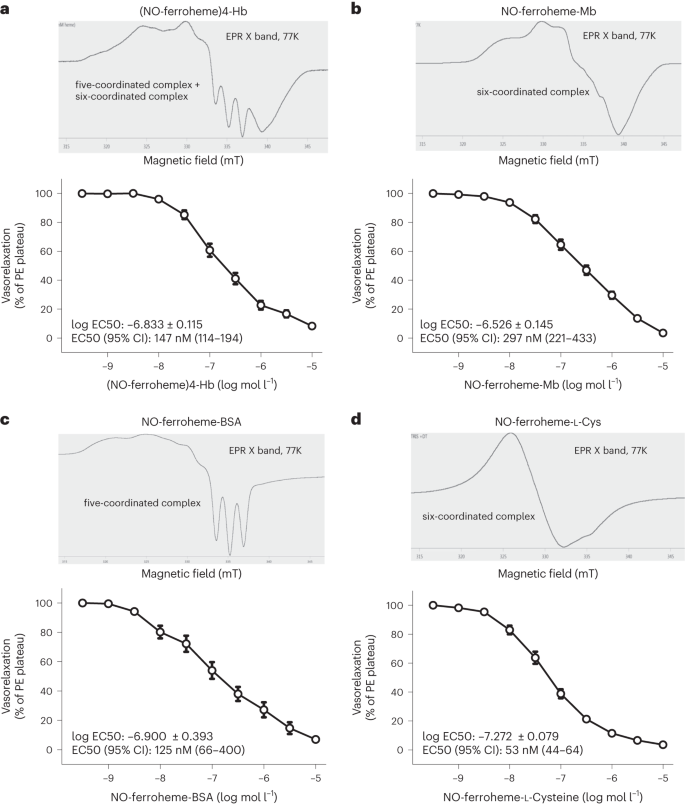2023-09-14 バース大学

Vectidromeus insularis was discovered on the Isle of Wight. Image: Emily Willoughby
◆ヒプシロフォドン科は1億2500万年前に存在し、小型で俊敏な恐竜で、新種の発見はアマチュア収集家の協力によるもので、ワイト島で過去4年間で発見された7番目の新しい恐竜種です。ワイト島の白亜紀の岩層は数百メートルに及び、異なる時代の生態系を示しており、恐竜の進化と大陸間の移動に関する研究に貢献しています。
<関連情報>
- https://www.bath.ac.uk/announcements/isle-of-wight-fossil-shows-europe-had-different-herbivorous-dinosaurs-to-asia-and-america/
- https://www.sciencedirect.com/science/article/abs/pii/S0195667123002355
イングランド、ワイト島の白亜紀後期ウェセックス層から発見された新しい埴脚類恐竜、Vectidromeus insularis Vectidromeus insularis, a new hypsilophodontid dinosaur from the Lower Cretaceous Wessex Formation of the Isle of Wight, England
Nicholas R. Longrich, David M. Martill, Martin Munt, Mick Green, Mark Penn, Shaun Smith
Cretaceous Research Available online: 13 September 2023
DOI:https://doi.org/10.1016/j.cretres.2023.105707
Abstract
The Lower Cretaceous Wessex Formation of the Isle of Wight, UK, has produced a diverse dinosaurian fauna over the past 150 years. Hypsilophodontids are the most common small dinosaurs in the assemblage. Currently all hypsilophodontids are referred to Hypsilophodon foxii, originally described based on skulls and skeletons from the Hypsilophodon bed near Cowleaze Chine, in the uppermost Wessex Formation. We report a new hypsilophodontid, Vectidromeus insularis gen. et sp. nov., from exposures near Sudmoor Point, lying at the base of the exposed Wessex, ∼150 m below the Hypsilophodon beds. Associated elements of the dorsal vertebrae, pelvis, hindlimbs, and tail are preserved. The specimen represents a juvenile, but differs from adult and juvenile Hypsilophodon foxii in the short and deep posterior iliac blade, short pubic peduncle, laterally exposed brevis fossa, rectangular ischia, and large fourth trochanter. Vectidromeus adds to the diversity of dinosaurs in the Wessex Formation. With other putative hypsilophodontids now assigned to other families, the Hypsilophodontidae currently comprises just Hypsilophodon and Vectidromeus, both from the Wessex Formation of the Isle of Wight. Hypsilophodontidae appear to be endemic to the Early Cretaceous of Europe.



